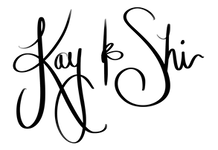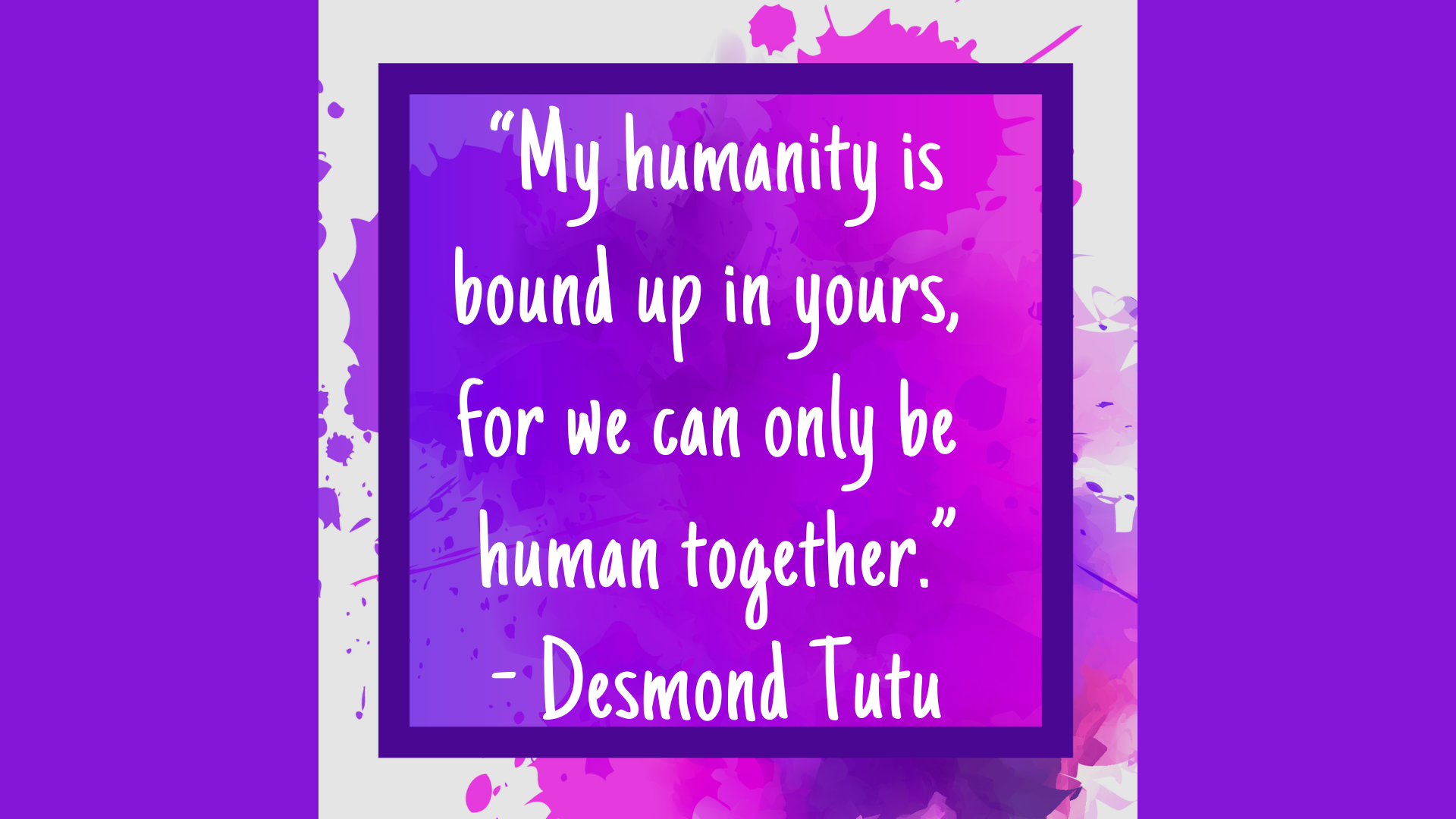Kay:
Well, hello there Questers and welcome back. It’s another fabulous Friday here and today is June 18th. We have episode 380 for you and a quote from Desmond Tutu who says, “My humanity is bound up in yours for we can only be human together.”

Shi:
Such an impactful quote and a really impactful Bishop Desmond Tutu, a South African cleric and theologian known for his work as an anti-apartheid and human rights activist. Very well known in the human rights world and an incredibly inspiring person. Here, it’s Juneteenth eve and if you have never heard of Juneteenth, it is the official day that our black Americans celebrate the freedom of the slaves and the emancipation proclamation. Last year, if you’re interested, we hosted an entire four hour, I think, special in conjunction with the University of Nevada, Reno Social Research and Justice Studies Department in order to highlight Juneteenth and some of the efforts being done in our community to honor our black Americans, not only on Juneteenth but throughout the year. So, this quote for today is especially poignant as we are here on the eve of Juneteenth to think about what it really means to be human together.
Kay:
I think then, as we consider this important quote on an eve of a time where we celebrate one of the darkest stains I think on American history, which is the slavery era and we come to celebrate the end of it here on Juneteenth. When we look at a quote as deep as this, we really start to take the bounds of color and ethnicity off of our identity and look at this idea of being human, this idea of humanity. What are the things that cause us to be common? Not you the black human and me, the white human, or you the South African human and me the Egyptian human or whatever that looks like, just us as humans. My humanity is bound up in yours because we can only be human together. It’s the qualifications we put in front of them that end up separating us and tearing us apart.
Shi:
In fact, it seems really obvious that this is a deeply ingrained concept in all of us as human beings and part of our species, to begin with. What I mean by that is if you look back in history during times of massive oppression- things like the Holocaust, things like slavery, things like the caste system, and massive genocides. The thing that the powers that be, and the ruling ideologies often used as a keystone to their argument was the fact that those that they were oppressing or murdering or enslaving were less than human, that they were in fact, not human and found a lot of interesting ways to try and prove that point and justify their cause by saying they’re not human. I think what that reflects back to us is that we know in our bones as human beings that we are one race, the human race, and that as a human we are owed certain inalienable rights and that we are owed a certain level of dignity. So, in order to commit atrocious and terrible acts throughout history, humans have tried to devalue others as less than or non-human so that they could try to skirt this universal truth that Desmond is sharing here.
Kay:
The moment that I lean into my humanity and view you as human we then become human together. But the moment that I deny my humanity and view another human as inhuman, am I really being humane? Am I really acting with humanity in my heart? Likely not. I’m acting with my own race, superiority, or self-superiority or ideological superiority and whatever that is. The moment that you lean into, or someone else leans into, this idea of humanity with another human that’s when we, I think, start to see the beauty and the deepness that comes with being a human being and we see so many examples of this throughout history where the oppressor befriends an oppressed and suddenly neither can really be a fighter of one another. It reminds me of the old Christmas story of the English soldiers and the French soldiers fighting on the battle line. And they had to stop for Christmas, and they played soccer and they had fun and they wanted to be together, and they had a human moment and suddenly the next day, they could no longer battle because they had discovered one another’s humanity. That was where they could find that like Desmond Tutu says they could be human together.
Shi:
Well, like another famous black American that we absolutely respect, Michelle Obama, tells us, “It’s hard to hate up close,” and that is a quote that Kay and I pull out often to help remind ourselves of this concept and to use as an anchor for ourselves when maybe we’re facing some difficult challenges. To remind you of what Desmond Tutu tells us in this impactful quote, he says, “My humanity is bound up in yours, for we can only be human together.”
Kay:
Alrighty, guys, that means your quest this weekend is a Humanity Quest. Today and throughout this weekend, we want you to attract a deeper sense of the humanity that lives within yourself by acting as compassionately as possible towards another person specifically, or maybe just towards everybody. We hope you have a compassionate and wonderful weekend. Are you ready? You know what to do.
Kay & Shi:
Let’s quest!




